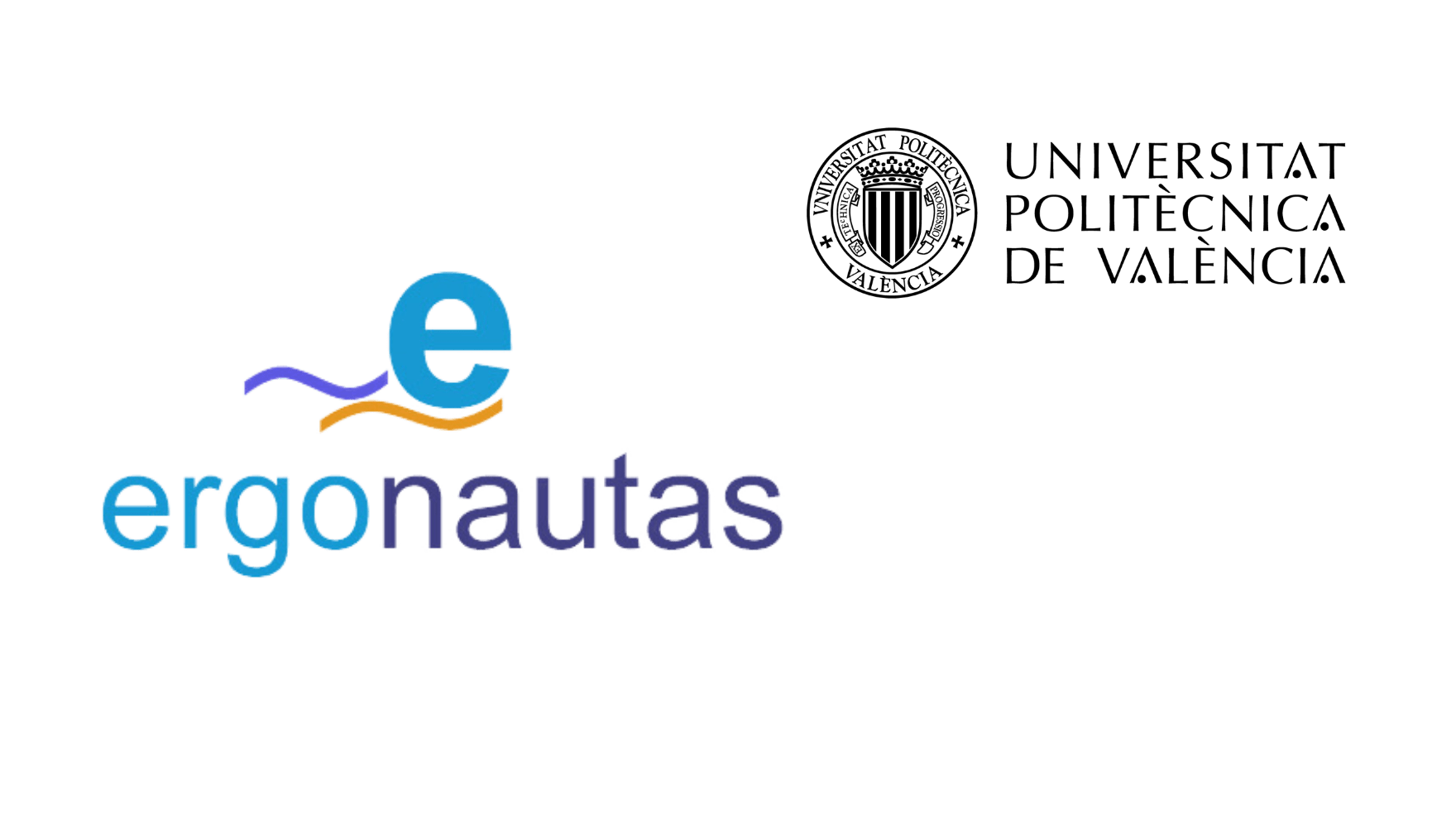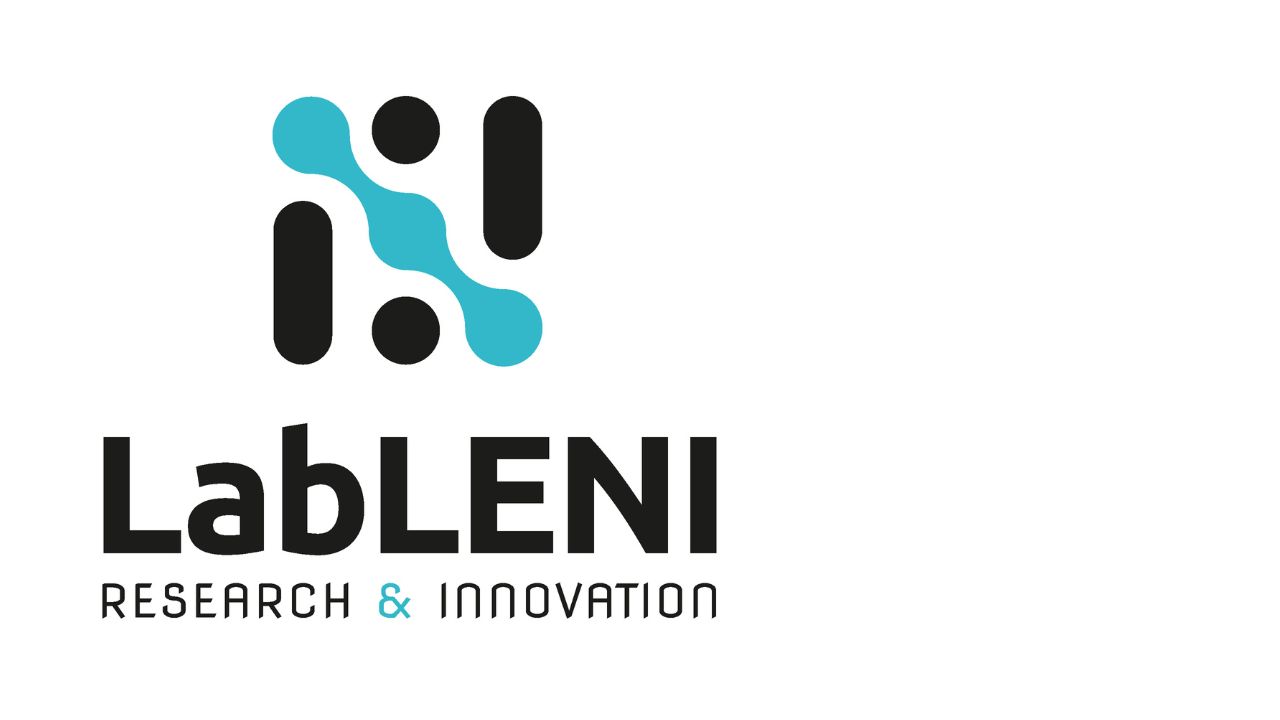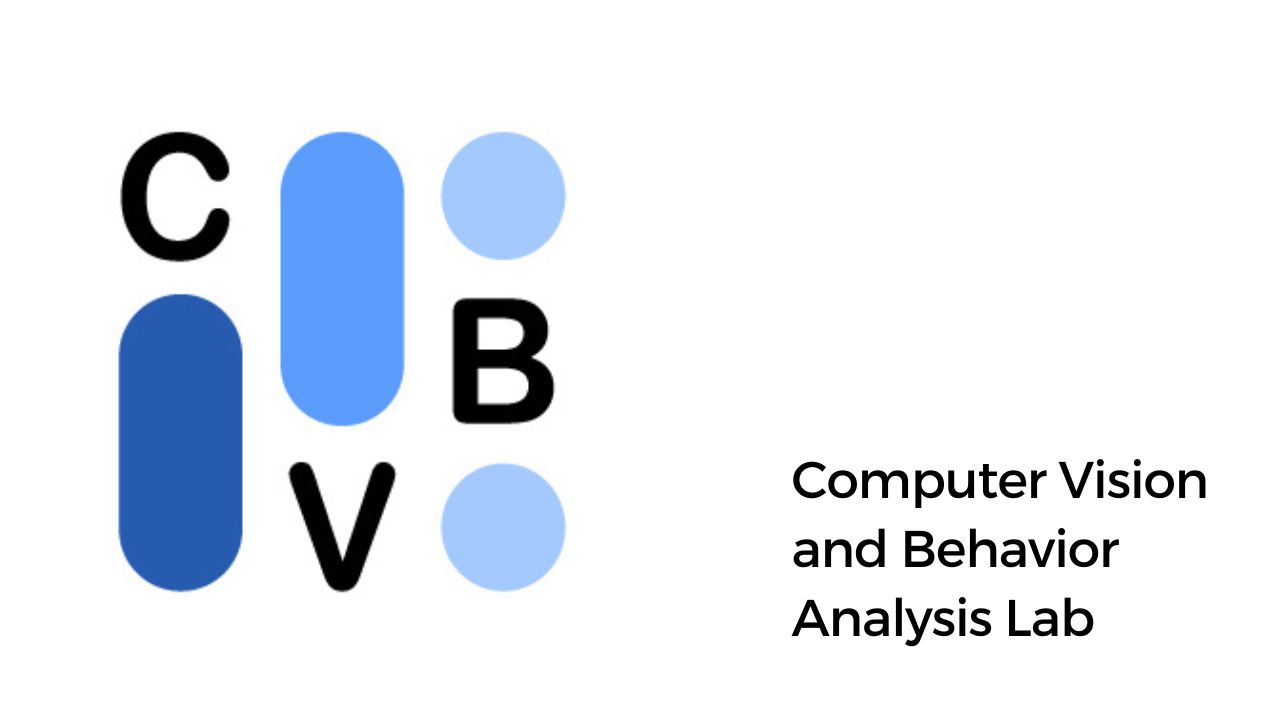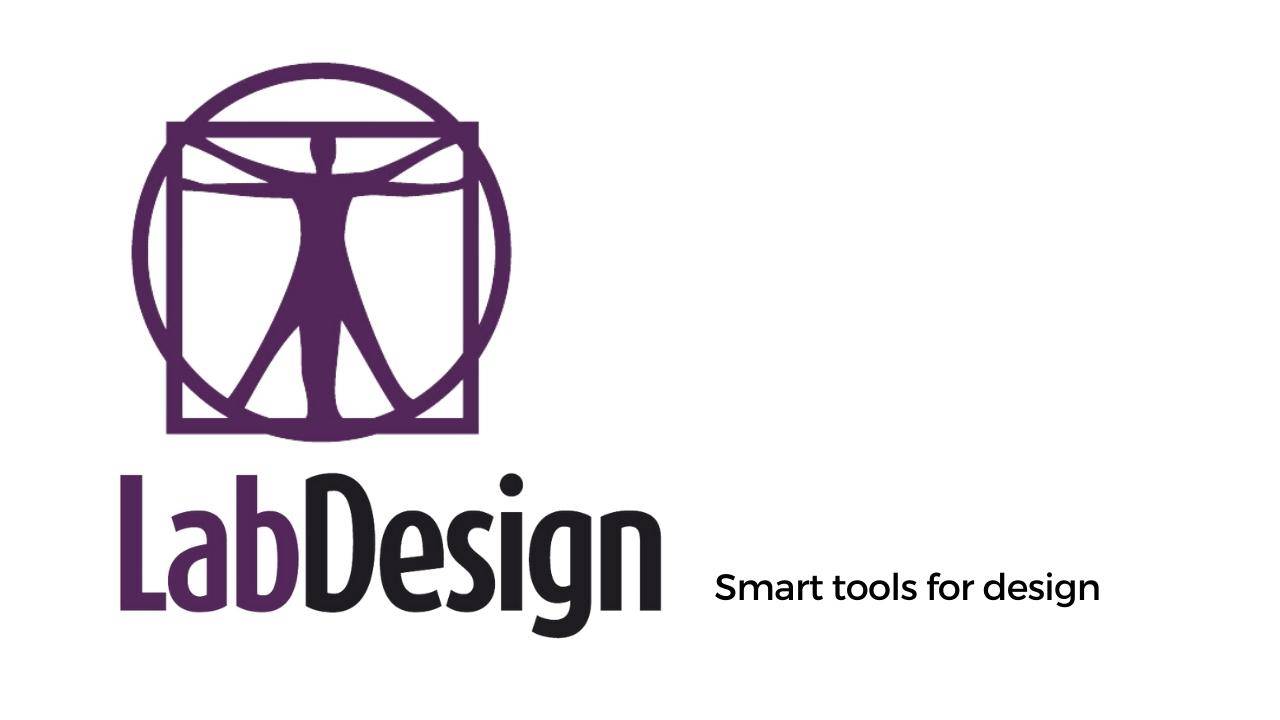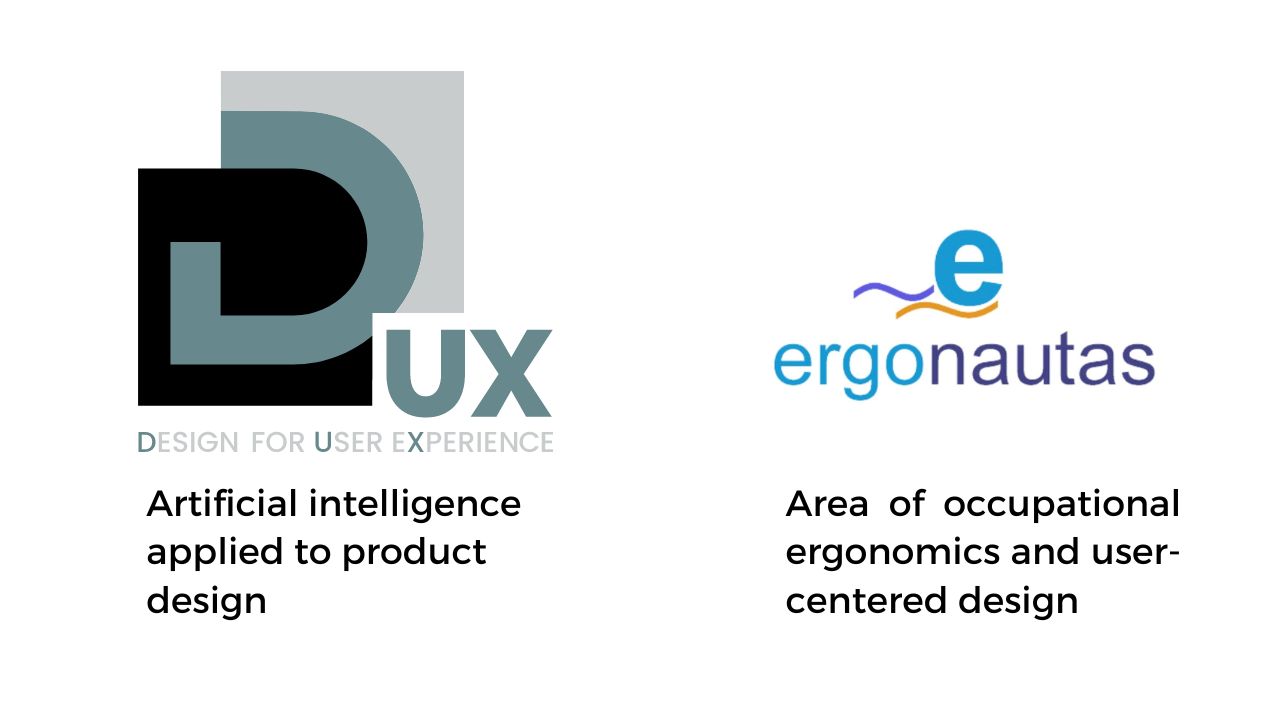ABOUT Human Tech
The Institute for Research on Human-Centered Technology (Human-Tech) is a research center integrated into the Polytechnic City of Innovation at the Polytechnic University of Valencia. Its research and technology transfer efforts focus on the application of new technologies to understand human behavior and activity, and how to use this information to enhance people’s capabilities and quality of life. To achieve this, it combines knowledge and methods from computer science, extended reality, artificial intelligence, and neuroscience.
Human-Centered Technology Research
Application of research and technology to study human behavior and improve well-being.
ABOUT Human Tech
Human-Centered Technology Research
Application of research and technology to study human behavior and improve well-being.
LABS
The HUMAN TECH Institute is a research center that combines computer science, extended reality, artificial intelligence, and neuroscience. Its focus is on applied research and knowledge transfer to create innovative products, processes, and systems. The institute has five research laboratories and a team of over 100 members, including researchers and support staff.
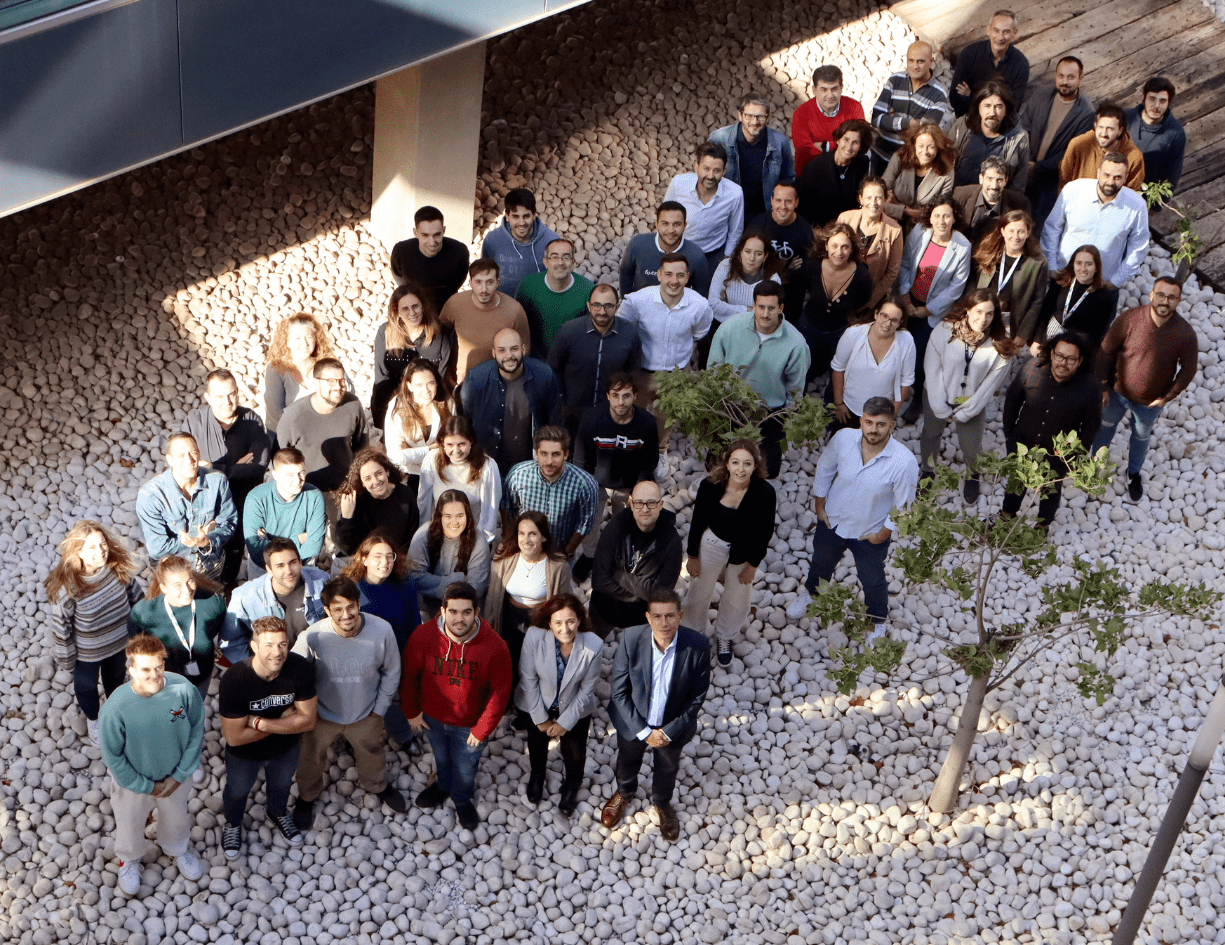
“Artificial Intelligence combined with Extended Reality will revolutionize our understanding about human cognition.“
-Mariano Alcañiz. LabLeni Founder and Director.
“Labdesign focuses its efforts on developing technologies to facilitate the development of human capabilities that are related to design activities such as spatial skills and the development of intelligent tools to support product design (3D) in a manner as transparent as possible, using a user-centered design approach.“
–Manuel Contero González, LabDesign Director.
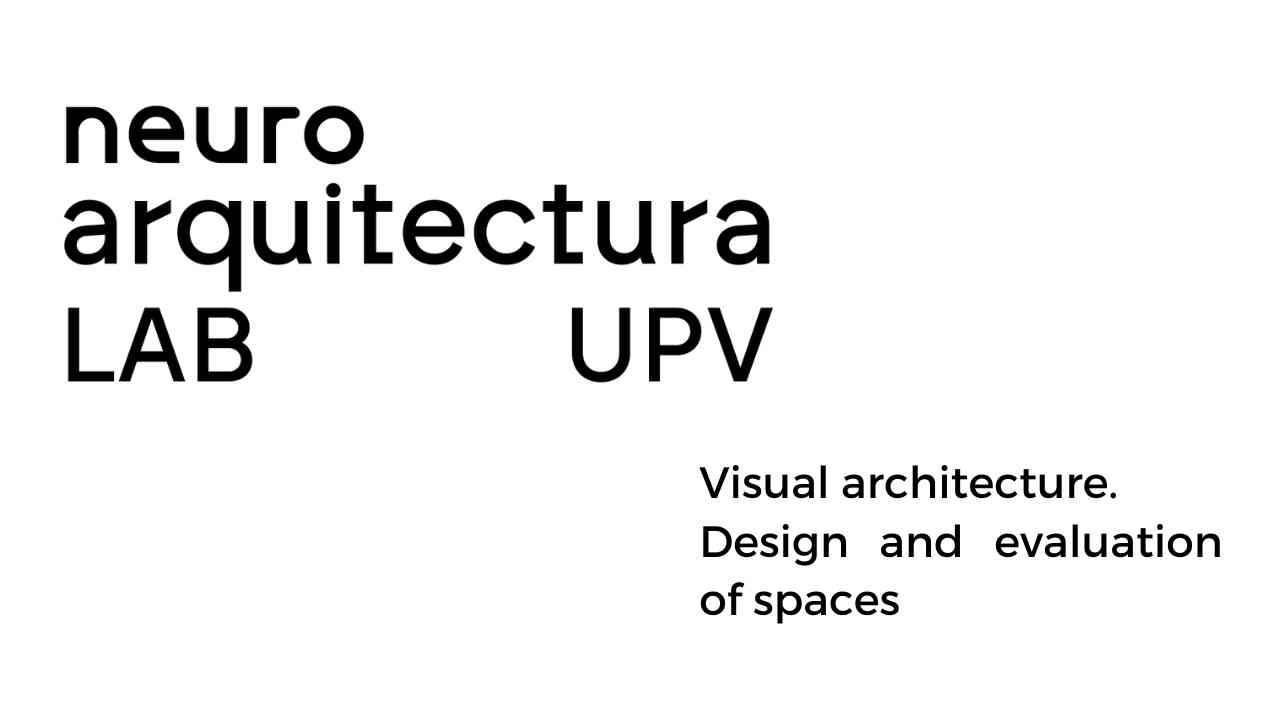
“”We evaluate how architectural and urban space influences people by analyzing their psychological, neurophysiological, and behavioral responses.”
-Dra. María Del Carmen Llinares Millán. Neuroarquitectura Director.

“Diagnosis and treatment of neurologic impairments using virtual reality, non-invasive brain stimulation, biomedical signal analysis and artificial intelligence”
-Roberto Llorens Rodríguez. Lab Neurorehabiliation Director.
DUX “Study of the interaction between the user and the product at different levels. analysis of the perception of the product and identification of the user’s preferences.“
-Jorge Alcaide Marzal. Dux Founder and Director.
ERGONAUTAS “Research in the field of prevention of health risks derived from work activity, focusing especially on those of an ergonomic nature, and on the use of new technologies oriented to the human being in the improvement of working conditions”
-Dr. José Antonio Diego-Más. Founder and Director.
about us
ABOUT Human Tech
Human-Centered Technology Research
Application of research and technology to study human behavior and improve well-being.
The Institute for Research on Human-Centered Technology (Human-Tech) is a research center integrated into the Polytechnic City of Innovation at the Polytechnic University of Valencia. Its research and technology transfer efforts focus on the application of new technologies to understand human behavior and activity, and how to use this information to enhance people’s capabilities and quality of life. To achieve this, it combines knowledge and methods from computer science, extended reality, artificial intelligence, and neuroscience.
Our Approach
The institute’s approach leans towards applied research and transfer, catalyzing the creation of knowledge, products, processes, methods, and innovative systems within its area of expertise. Human-Tech is home to five research laboratories and boasts a dedicated membership of over 100, including both researchers and support staff.
Our Mission
In addition to Human-Tech’s significant scientific output, its notable ability to attract funds and resources is worth mentioning. It does so by competing for public funding opportunities and obtaining private funds. The institute also showcases its capabilities and knowledge to society through products and services for businesses, as well as training activities.
Management Team

Dr. Mariano Alcañiz
Mariano Alcañiz, Ph.D., is founding director of the Immersive Neurotechnologies Lab (LabLENI) at UPV and Professor (tenure position) of Biomedical Engineering at the Polytechnic University of Valencia.
MARIANO ALCAÑIZ
Laboratory of Immersive Neurotechnologies (LabLENI)
Human-Centered Technology Institute (Human-Tech)
Universitat Politècnica de València (UPV)
C.V. Dr. Mariano Alcañiz
Mariano Alcañiz, Ph.D., is founding director of the Immersive Neurotechnologies Lab (LabLENI) at UPV and Professor (tenure position) of Biomedical Engineering at the Polytechnic University of Valencia.
His general research interests hover around a better understanding and enhancement of human cognition combining insights and methods from computer science, psychology, and neuroscience. His work is centered on using empirical, behavioural science methodologies to explore people as they interact in digital worlds, but he also engages in research geared towards developing new ways to produce Extended Reality (XR) simulations. Towards this end, he has been involved in projects related to clinical psychology, neurodevelopmental disorders, consumer neuroscience, organizational neuroscience, education, and training.
He has published more than 350 academic papers, in interdisciplinary journals as well domain-specific journals in the fields of biomedical engineering, computer science, psychology, marketing, management, psychology and education. His work has been continuously funded by the Spanish Research Agency and the European Commission for 30 years. He has been coordinator of several national R&D programs of excellence, program coordinator of the Information Society Technology (IST) of the Ministry of Science and Innovation of Spain and he has been the Spanish representative for ICT area at the Horizon 2020 European Research Program Committee. He is also member of the executive committee of EURO-XR association. He has also founded several spin-off companies related with his research field.
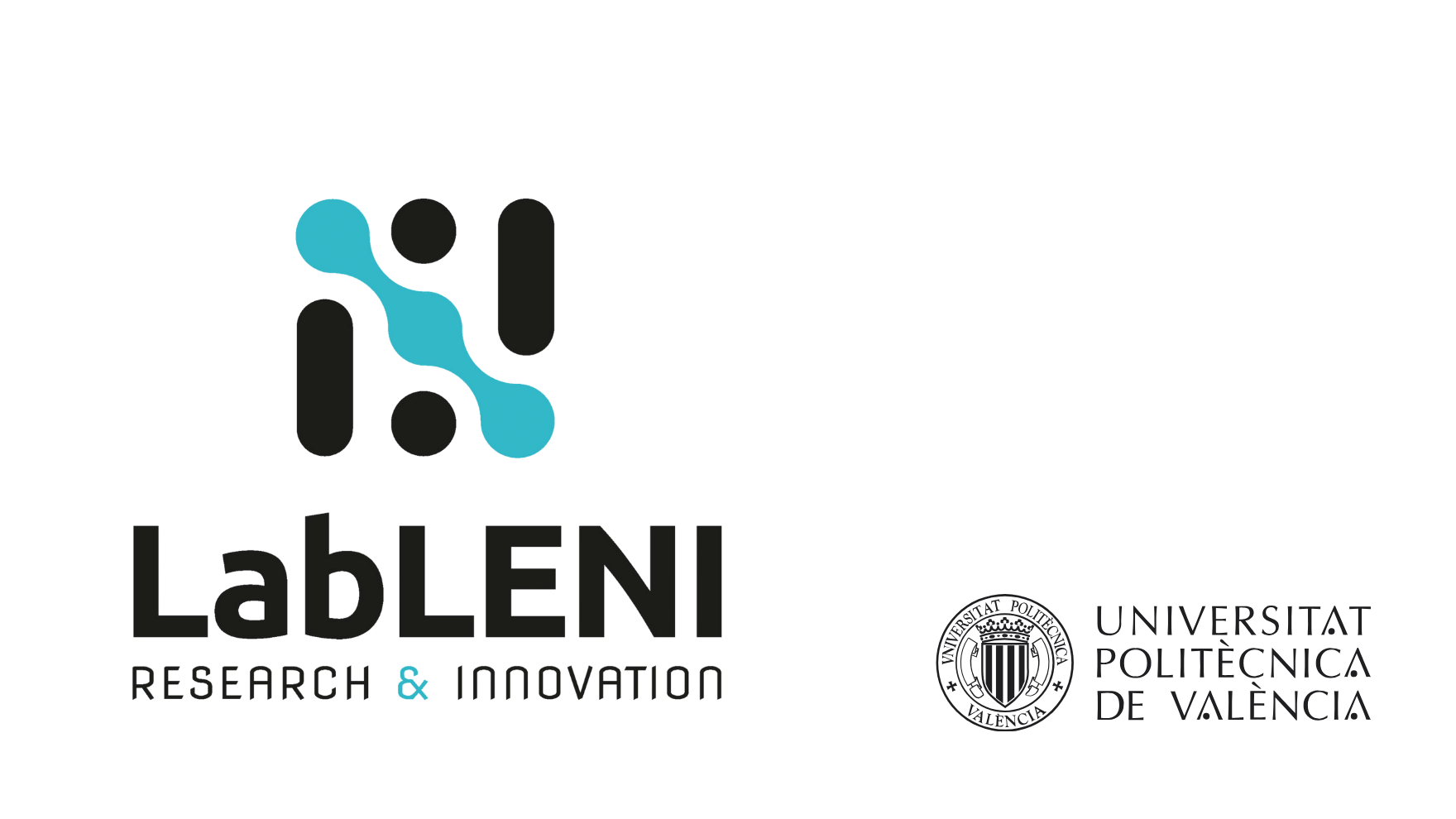

Valery Naranjo
Valery Naranjo, Ph.D., is Full Professor (tenure position) at Universitat Politècnica de València (Spain) and founding director of the Computer Vision & Behavior Analysis Lab (CVBLab).
VALERY NARANJO
Computer Vision & Behavior Analysis Lab (CVBLab)
Human-Centered Technology Institute (Human-Tech)
Universitat Politècnica de València (UPV)
C.V. Valery Naranjo
Valery Naranjo, Ph.D., is Full Professor (tenure position) at Universitat Politècnica de València (Spain) and founding director of the Computer Vision & Behavior Analysis Lab (CVBLab).
Her area of expertise is signal, video and image analysis in order to develop artificial intelligence algorithms applied to different fields such as diagnostic aid, human behavior analysis and specific applications in the industrial sector. During her research career she has participated in more than 80 competitive research projects, leading more than 30 as principal investigator (including European projects), as well as in more than 20 research contracts with companies. Dr. Naranjo has disseminated the results of her research activity in about 200 scientific articles in journals and conferences. It is also worth mentioning the doctoral theses she has supervised and her five six-year research periods recognized. She is also the founder of a spin-off related to her field of research.
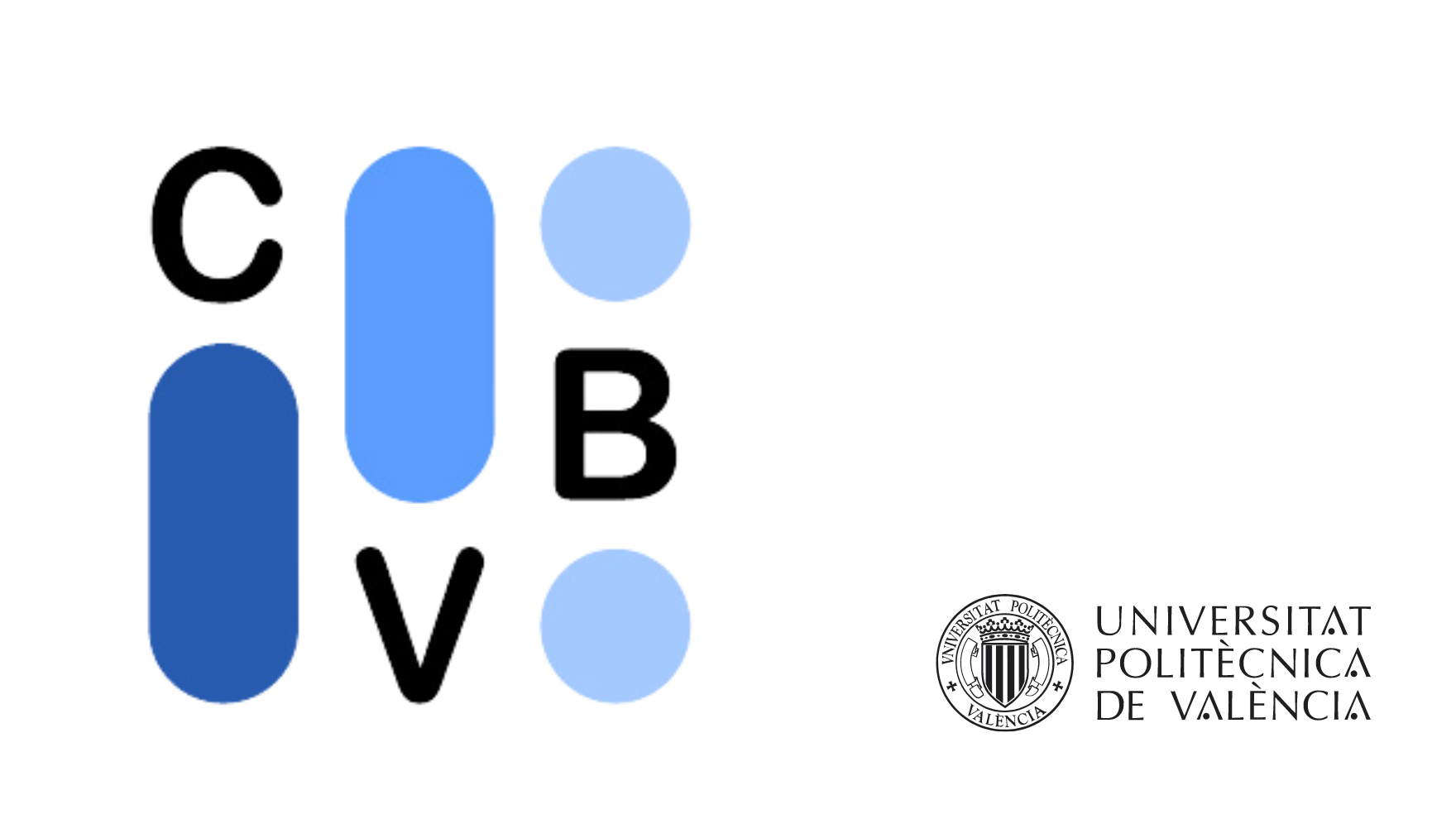
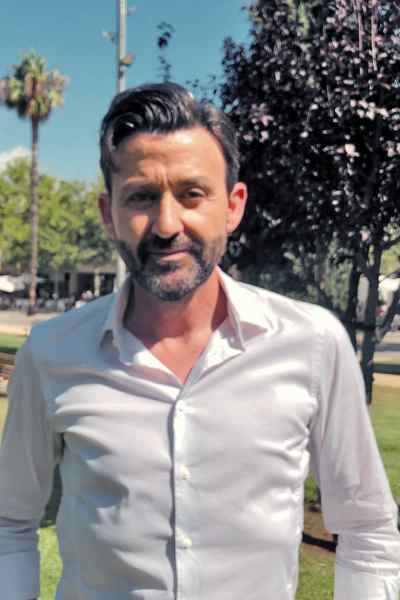
Dr. José Antonio Diego-Mas
Dr. José Antonio Diego-Mas is a professor at the Polytechnic University of Valencia (Spain) and Director of the Ergonautas-Lab research group.
JOSÉ ANTONIO DIEGO-MAS
Ergonautas-Lab
Human-Centered Technology Institute (Human-Tech)
Universitat Politècnica de València (UPV)
C.V. Dr. J. Antonio Diego-Mas
José Antonio Diego-Mas, Ph.D., is a Full Professor (tenure position) at the Polytechnic University of Valencia (Spain) and founding director of the Ergonautas-Lab research group.
His research mainly focuses on the applications of new technologies in ergonomics, design, and human-machine interactions. In this field, he has achieved early developments and applications of artificial intelligence in occupational ergonomics and user-oriented product design, which have served as a basis for many other developments in this field carried out by his research team and other international research groups.
He has participated in 30 international, national, and regional research projects throughout his research career, leading six as principal investigator. He has disseminated the results of his research through approximately 100 scientific articles in journals and conferences. He has obtained recognition for three six-year research periods (sexenios) and one for knowledge transfer. In 2018, he received the Prevencionar research award in the field of occupational health and safety.
He carries out intense work in transferring the results of his research to companies and society, both through R&D contracts of particular relevance with companies where he has been the principal researcher and through the software he has developed. He is responsible for the Ergonautas web platform (https://www.ergonautas.upv.es), an international occupational risk prevention and ergonomics reference.
